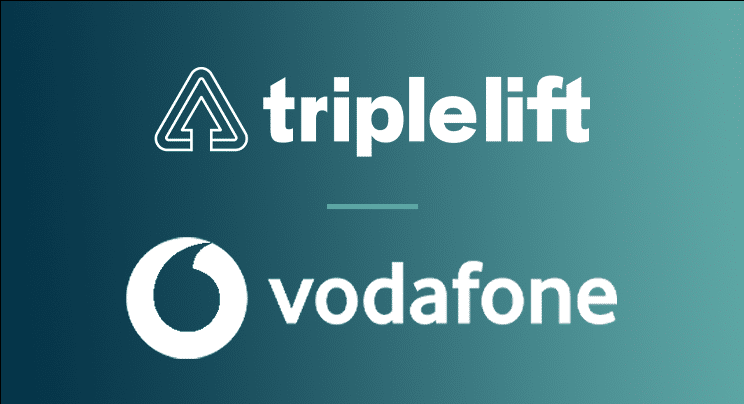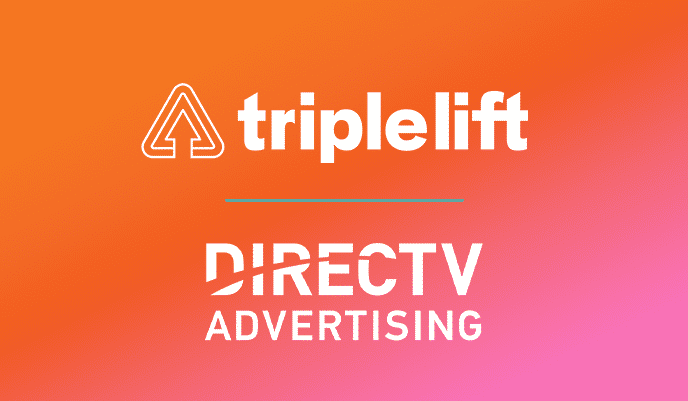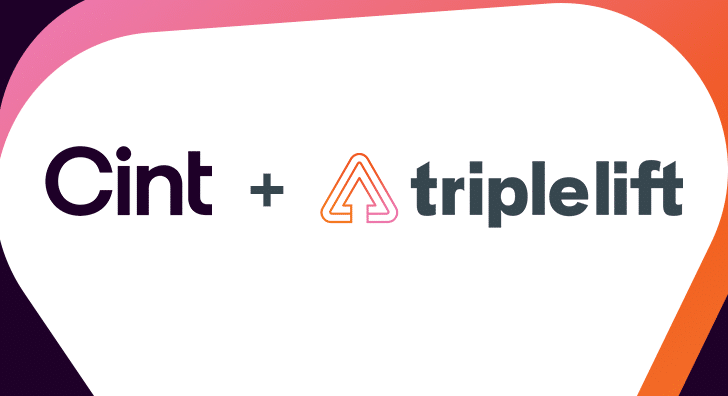Did you know that procrastinators have bigger brains?
Yes, you read that right. According to a study published in the journal of Psychological Science, people identified as procrastinators on average have a bigger brain. In particular, the part of the brain that controls fear.
So what does being a procrastinator (with a big brain) have anything to do with third-party cookies? If we take a step back, over the last two years, we’ve been talking about the deprecation of third-party cookies, but much of our industry has been slow to test and implement solutions.
We know that some of you are ‘addicted’ to third-party cookies. “Targeted scale” sounds appealing, but how effective are they really?
For the vast majority of the big-brain procrastinators out there, if you’re not taking action to address your third-party cookie addiction, you’re leaving money on the table.
Here’s the reality – change is already here and it’s more than just cookies. More and more states across the U.S. are proposing a new data regulation requiring consent from users.
Legislation changes coupled with the fact that roughly 50% of all ad requests do not have an identified user on the open web means lost revenue for publishers and missed KPIs for advertisers. Not to mention a crappy ad experience for consumers.
The challenge is that digital advertising relies almost exclusively on creating an identifier match between an advertiser data set and publisher data set. For most digital advertising use cases, this match isn’t actually required. Our technical systems require it, and we built them that way because identifiers were available, but conceptually, the ID match is not required.
The cookie-apocalypse as some call it, has already arrived, causing the available pool of cookies to shrink dramatically.
Who doesn’t love a good analogy? Here’s another: Every publisher and advertiser has a choice: be the mouse that hunkers down, and makes the most of their ever shrinking cookie-jar. Or be the mouse that puts uncertainty and fear of change aside and seeks sustenance somewhere else?
It’s your choice – you know how the story ends…
Finding and testing solutions takes guts. It takes time. It takes resources. But the results are well worth it. But first, let’s just establish one thing. First-party data is better than third-party cookies. Full stop.
Yes, I know that a first-party data strategy isn’t always the comfortable option. But it’s better.
First-party data is directly observable, works across browsers, scales across all sites, it’s privacy-forward & secure and with first-party data you can avoid failed cookie syncs.
In fact, publishers who have adopted a first-party data strategy have seen better results across the board. Learn more what you can do with a first-party data strategy today.






